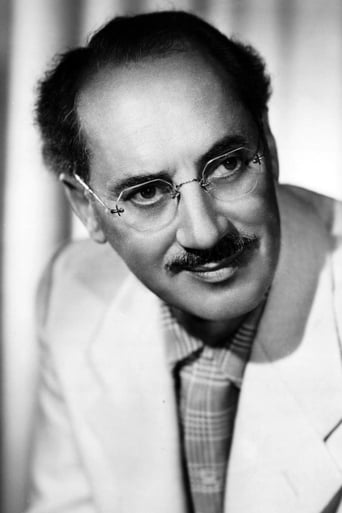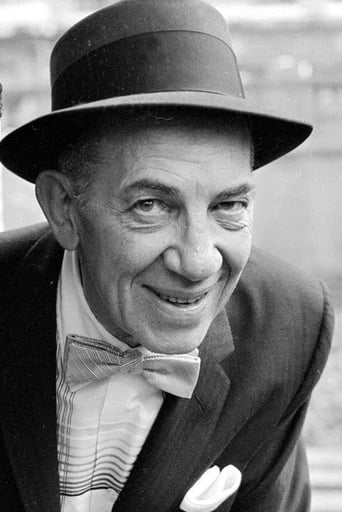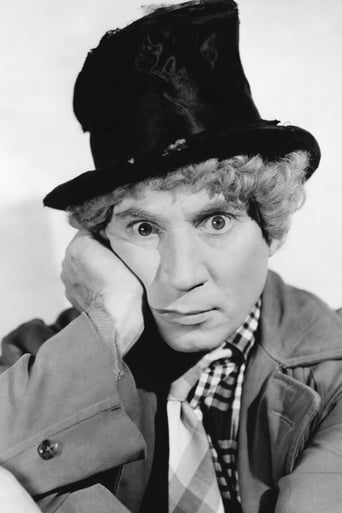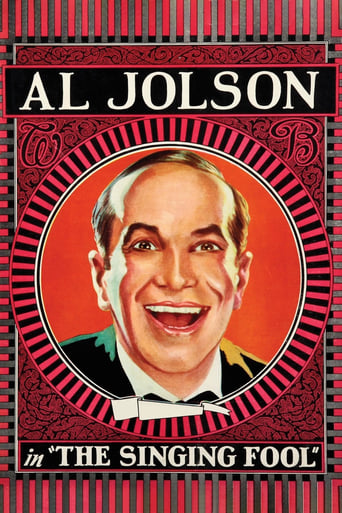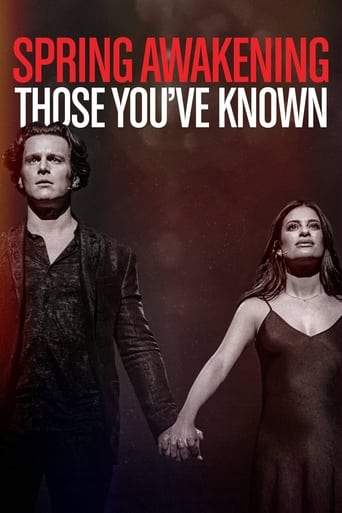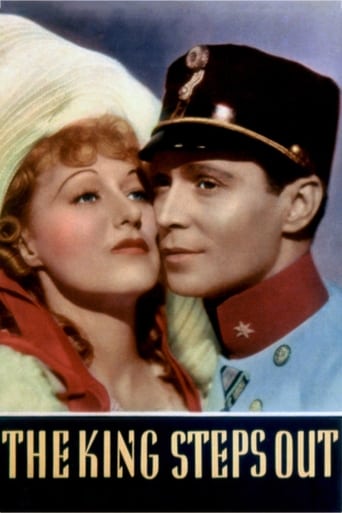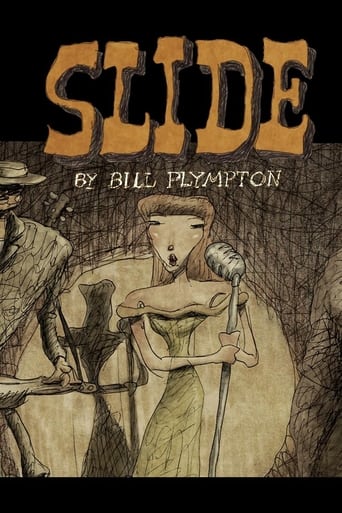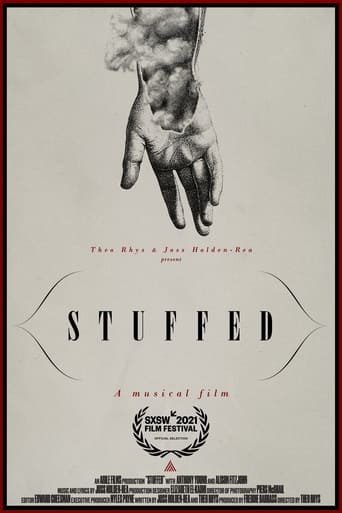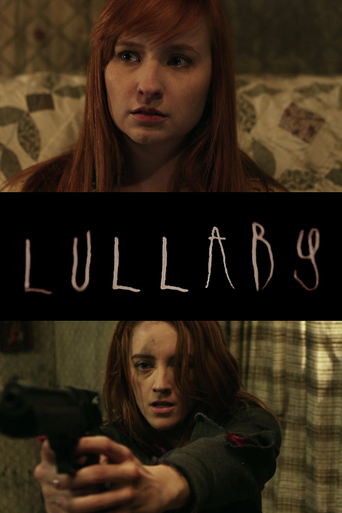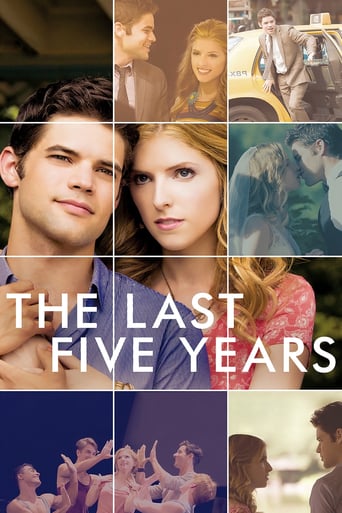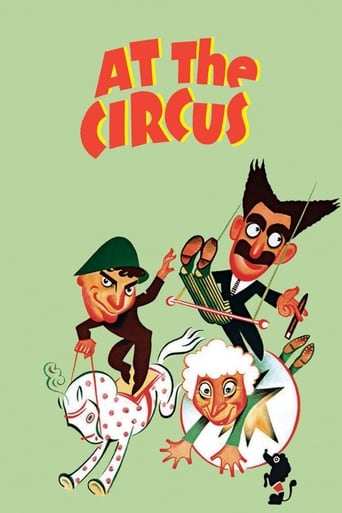
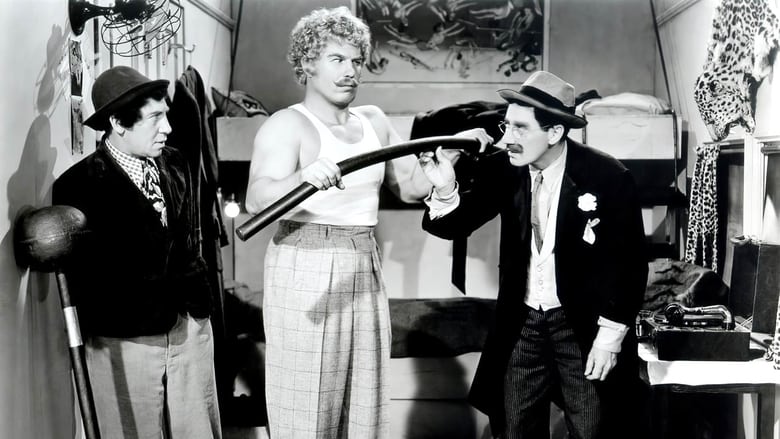
At the Circus (1939)
Jeff Wilson, the owner of a small circus, owes his partner Carter $10,000. Before Jeff can pay, Carter's accomplices steal the money so he can take over the circus. Antonio Pirelli and Punchy, who work at the circus, together with lawyer Loophole try to find the thief and get the money back.
Watch Trailer
Cast
Similar titles
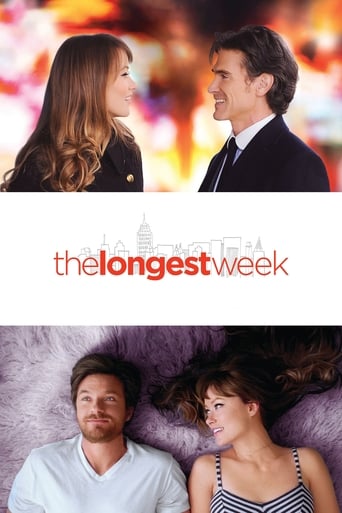
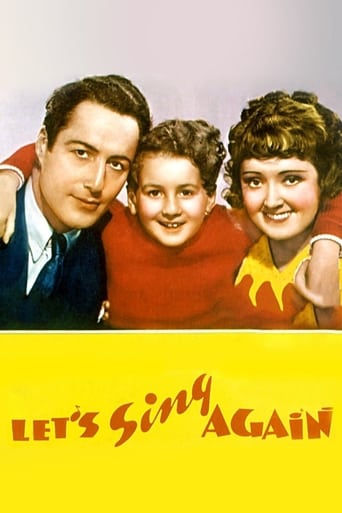
Reviews
Load of rubbish!!
Excellent, Without a doubt!!
Absolutely brilliant
It's funny watching the elements come together in this complicated scam. On one hand, the set-up isn't quite as complex as it seems, but there's an easy sense of fun in every exchange.
Imagine. Bad songs written by the "Wizard of Oz" songwriters. Too much music! Very cliché, even for The Marx. Bros! Lowlights: mostly the music. Chico's piano solo and a very "racist" swing number, easily "deleted" even with Harpo's harp! Curiously, about 10 minutes of actual "circus", or so it seems. Worst makeup ever on the midget and strongman (fake mustaches and wigs). Contrived plot involving stolen money, and of course the circus will fold if it isn't found. The usual "highjinks" with Margaret Dumont and Groucho. Best scenes involve the boys and the whole thing "stinks" when they are not around. Several "highlights" make it watchable: Eve Arden as gorgeous "Peerless Pauline" walks on the ceiling with Groucho. The famous "Lydia the Tattooed Lady" song. Lion, monkey and gorilla jokes. Chico and Groucho look for the stolen $10,000 and destroy the strongman's sleeping room on the train. The last 10 minutes is sheer madness. "Goliath" the gorilla chasing the crook and everybody else up the flying trapezes and Margarent Dumont shot out of a cannon! The gorilla (played by Charles Gemora) is fantastic. He counts the money at the end like a bank teller. Look for Friz Feld as the snooty French conductor. He is best known for playing "the French waiter" in countless films, over the years!
1939's "At the Circus" isn't perfect, but it is the Marx Brothers, and you can't go wrong.Here, the boys are trying to help a circus owner Jeff Wilson (Kenny Baker) raise $10,000 (which was stolen) to pay off a debt to the circus' strong man Goliath, or lose the circus altogether. Disinherited by his aunt (Margaret Dumont), he won't marry his girlfriend (Florence Rice) until the debt is paid.Antonio (Chico), who works at the circus with Punchy (Harpo), calls in attorney J. Cheever Loophole (Groucho, who else) to help Jeff. When Loophole arrives, Antonio greets him warmly but refuses to allow him on the circus train since he doesn't have a badge. He finally gives Loophole his own badge, and then won't let him enter the train because it's last year's.Some of the antics in this film are hilarious and wonderful. And how can you go wrong with Groucho singing "Lydia the Tattooed Lady" and shooting Margaret Dumont out of a canon? Come on, it doesn't get an better than that.The midget scene is one of their funniest as the boys work to gain proof that the midget stole the money for Goliath (Nat Pendleton). They want to compare his cigars to the one found at the scene. Priceless.The finale of the film is mind-bogglingly funny.The problem with this film is the boring, bland love story between Rice and Baker. Both sing very nicely (Rice is dubbed) but this is dull stuff compared to the Marx Brothers. The other problem is one that is inherent in a few of their films. When they're not on screen, the energy stalls and the film slows up. I can still remember seeing The Big Store in a theater packed with people, and when the Marx Brothers were off camera, you could just feel the boredom.So "At the Circus" is not "Night at the Opera," and with war on the horizon and Irving Thalberg dead, maybe their time was coming to the end, but their scenes are still gems. And the climax of the film makes the entire movie worth it.Don't be daunted by people saying it's not their best -- see it anyway, and tell me the last time you laughed that hard.
Unnecessary unconnected scenes and totally out-of-place romantic musical numbers make this movie an awkward watch. It doesn't help when Groucho Marx is given almost nothing to work with; his usual lame and flavorless jokes now descend to a level where you can only feel sorry for the guy.Harpo and Chico do not have very inspired material to work with either, but the chemistry and pace of their scenes partly make up for that. In addition, their characters have a more sympathetic feel to them than in previous movies, which adds to their likableness.With a Marx Brothers movie entitled 'At the Circus', you would expect more quaint circus acts, especially when you have a clown as Harpo in your midst. Unfortunately, the only memorable circus scene is at the end, when a sensational trapeze act is performed by all three Marx Brothers ánd Margaret Dumont (!) As usual, my favorite scene involves Harpo Marx playing his harp. This is sheer original and bewildering music. He should make an album with these pieces, with Chico accompanying him on the piano ;)
AT THE CIRCUS (Metro-Goldwyn-Mayer, 1939), directed by Edward Buzzell, became the third collaboration of the Marx Brothers at MGM. Released just ten years following their movie debut in THE COCOANUTS (Paramount, 1929), this production, which shows great promise in placing those three clowns of comedy, Groucho (sporting a toupee), Chico and Harpo in a circus background, demonstrates just how much their comedies have declined and how little regard the powers that be at MGM had for them, particularly the mistreatment of Groucho's character in having him easily duped and pushed into a puddle of water during a heavy rain storm (Groucho quips: "If I get any drier, I'd drown!") by Chico. In spite of some low points such as the writers having Chico play such a stupid character, it does provide some great moments of hilarity, some by Harpo, who makes cinema history by breaking his code of silence by sounding out "Ah! Choo" while sneezing.Plot summary: Jeff Wilson (Kenny Baker) is the owner of Wilson Wonder Circus, which consists of Julie Randall (Florence Rice), his fiancé/singer who performs a trick horse riding act; Peerless Pauline (Eve Arden), an acrobat who uses suction boots to perform her upside-down act; Goliath the strongman (Nat Pendleton - in make-up very similar to his Sandow character from 1936's THE GREAT ZIEGFELD, along with a curly wig that resembles him with Harpo); Punchy (Harpo), Goliath's assistant; and Professor Atom (Jerry Marenghi), a cigar smoking midget. Jeff owes $10,000 to John Carter (James Burke), and must meet his payment deadline or else face bankruptcy. That night, Jeff's cash settlement is stolen from him. Tony (Chico), a circus hand, helps Jeff by sending for his friend, attorney J. Cheever Loophole (Groucho), via telegram. Suspecting the robbery to be an inside job, Loophole and Tony play detectives by investigating the staff, and getting themselves in trouble during the process. In order to raise the money, Loophole acquires it from Suzanne Dukesberry (Margaret Dumont, who arrives very late into the story), Jeff's wealthy aunt who had disowned him, and in return, arranges to have Wilson's Wonder Circus perform at her estate in place for her hired orchestra, thus, turning a dull society function into a real three ring circus of confusion.On the musical program composed by E.Y. Harburg and Harold Arlen, songs include: "Step Up and Take a Bow" (sung by Florence Rice); "Two Blind Loves" (sung by Kenny Baker and Florence Rice); "Beer Barrel Polka" (piano solo by Chico); "Lydia, the Tattooed Lady" (sung by Groucho); "Swingali" (performed by Harpo and black circus workers, a number quite similar to "Tomorrow is Another Day" from 1937s A DAY AT THE RACES, concluding with a Harpo harp solo); "Two Blind Loves" (reprise by Kenny Baker) "Step Up and Take a Bow" (reprise by Florence Rice), and Richard Wagner's Prelude to Act 3 from "Lohengrin" (conducted by Fritz Feld to his orchestra on a floating platform as they drift out to sea. Watch the finish to find out how and why).AT THE CIRCUS suffers from poorly structured comic supplements, notably the beginning where Groucho is not to be admitted on the train by Chico without first showing his badge, which he does not have. Since Chico had sent for him in the first place, why such treatment? This routine would have served them better had Groucho's character been a total stranger. Groucho does get on the train, but with no indication as to how this was accomplished. Another weak link is Groucho's attempt in tricking a suspected midget into offering him a cigar so it can be compared with the one found at the scene of the crime. However, this proves impossible since Chico constantly offers his own cigar instead, foiling Groucho's plan even after Chico being told of the scheme in advance. A similar routine with Abbott and Costello or The Three Stooges would have succeeded simply because this is what's expected of them, or possibly by Groucho and Harpo, but in this instance, "close but no cigar." Aside from that, AT THE CIRCUS does redeem itself with Groucho's attempt retrieving the stolen money from Peerless Pauline's bosom after acquiring it from one of the crooks, and keeping it in a "safe" place. He looks into the camera saying, "There must be some way I can get that money back without getting in trouble with the Hays Office!"; Groucho's singing what was to become his signature song, "Lydia, the Tattooed Lady"; and the best saved for last being the circus finale at the Dukesberry estate. Any movie that has the straight faced Margaret Dumont shot from a cannon and swinging on the flying trapeze while the brothers attempt to rescue her (and being no help at all), makes up for the weakness that preceded this. And watch what the gorilla (man in gorilla suit, naturally) does for an encore after exposing the crooks. "Hey, Rube!" Clocked at 87 minutes, one wonders how much better structured this story might have been had deleted scenes, such as the courtroom sequence involving legal eagle Loophole (Groucho) questioning defendants on the witness stand, remained instead of the "Swingali" number or the Kenny Baker tenor loving love songs. Originally available on video cassette since the 1980s and currently on DVD, this sawdust comedy can be seen on Turner Classic Movies. (***)
